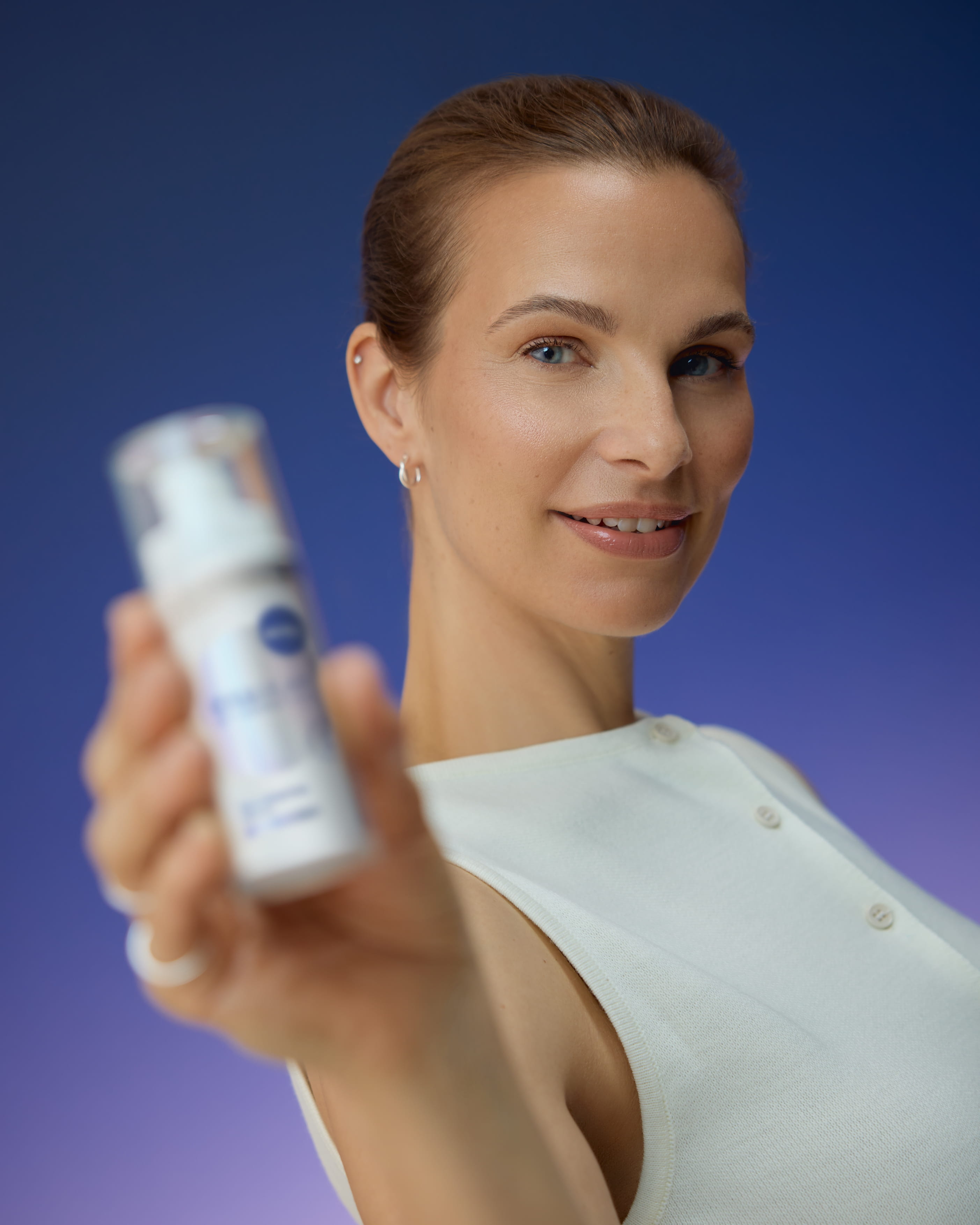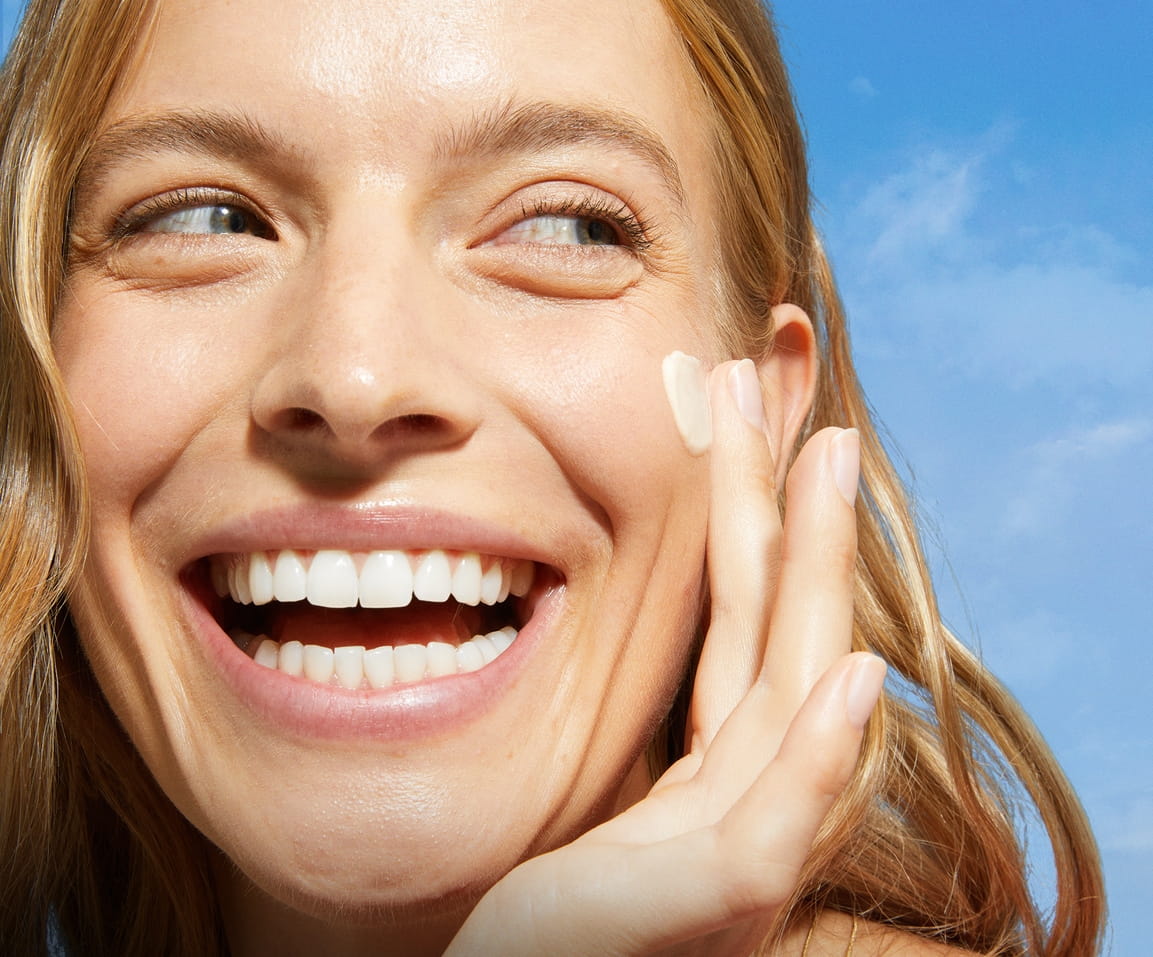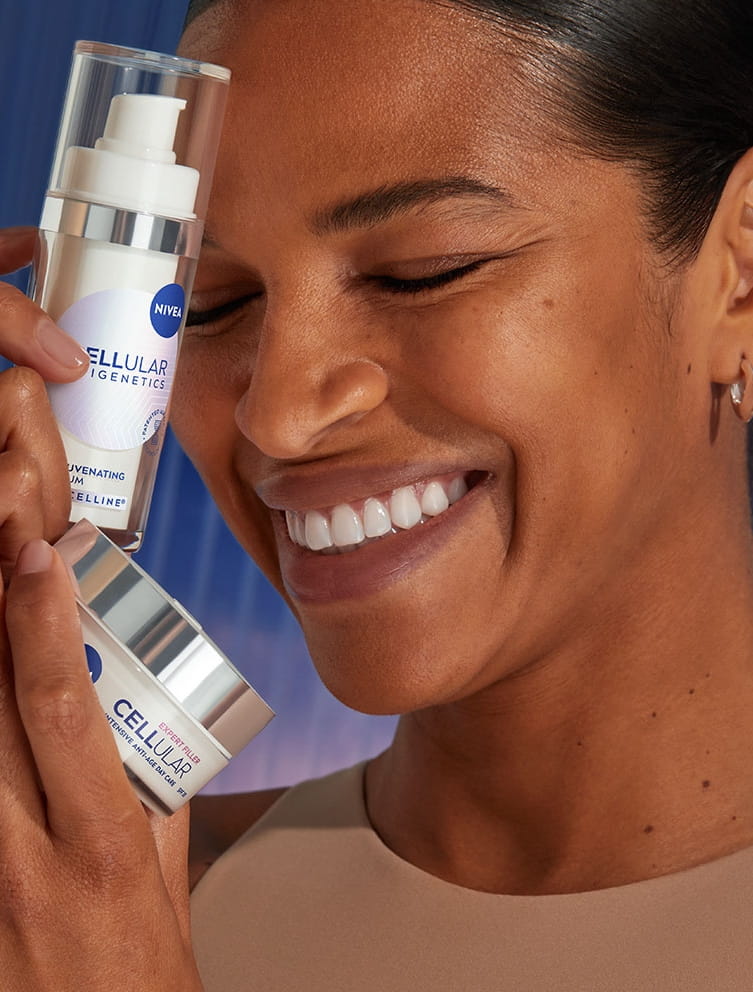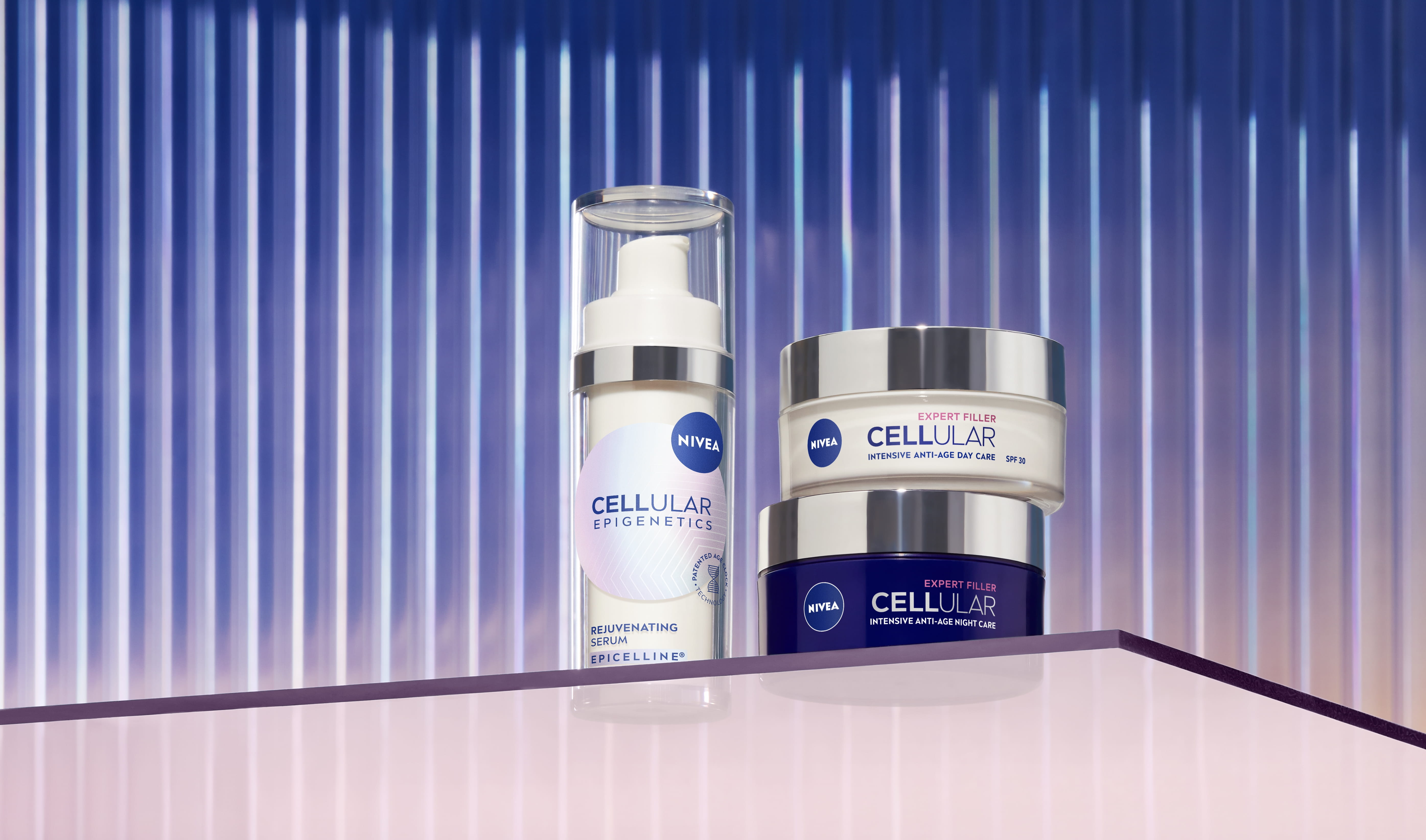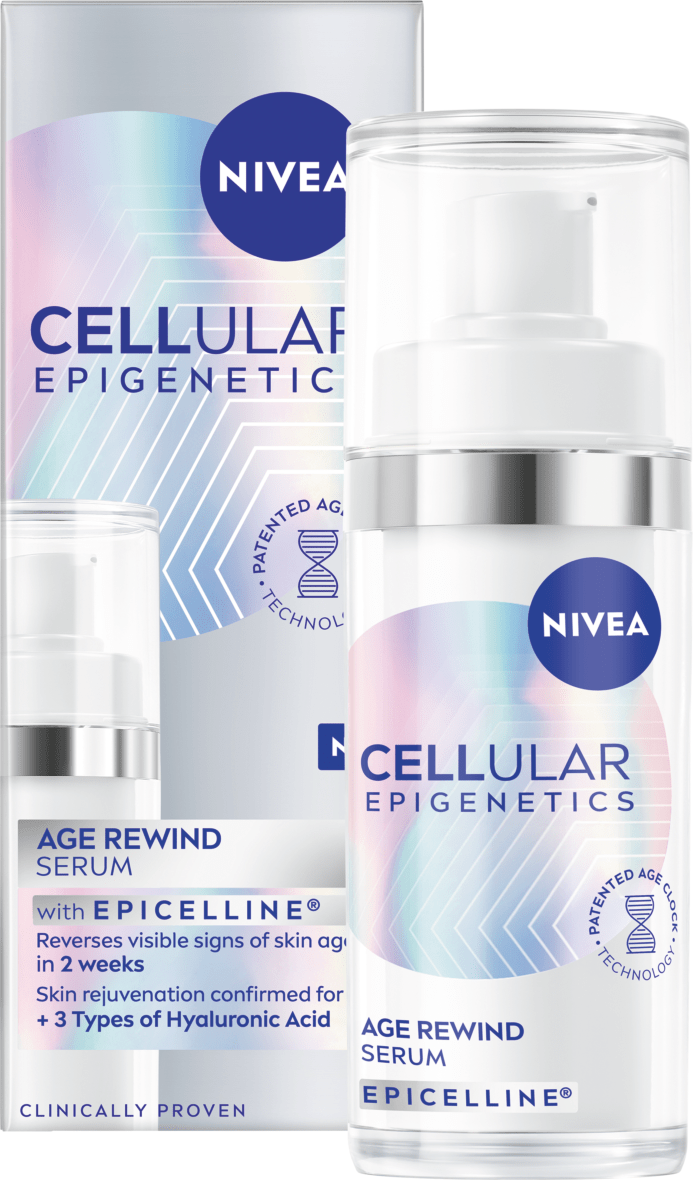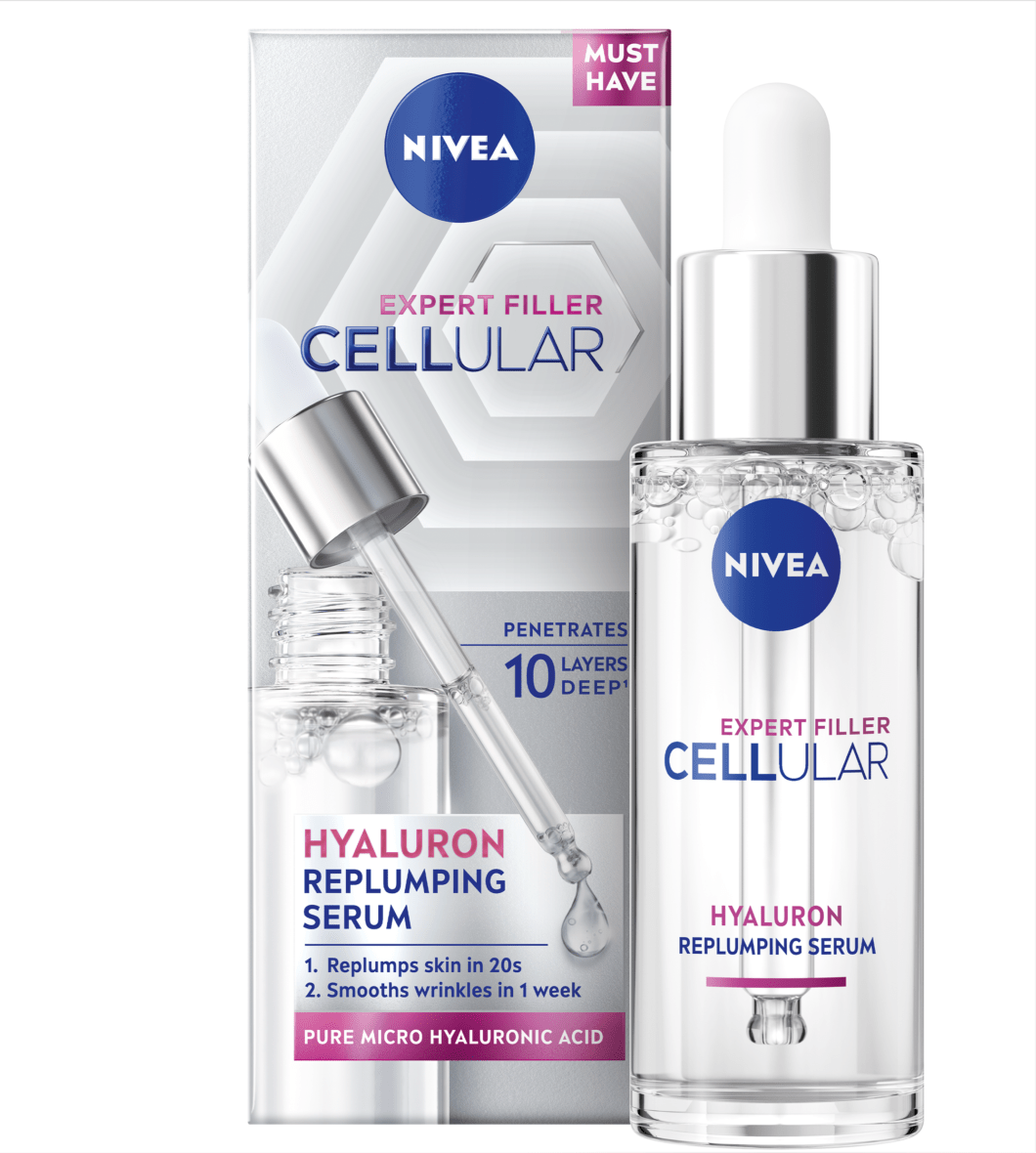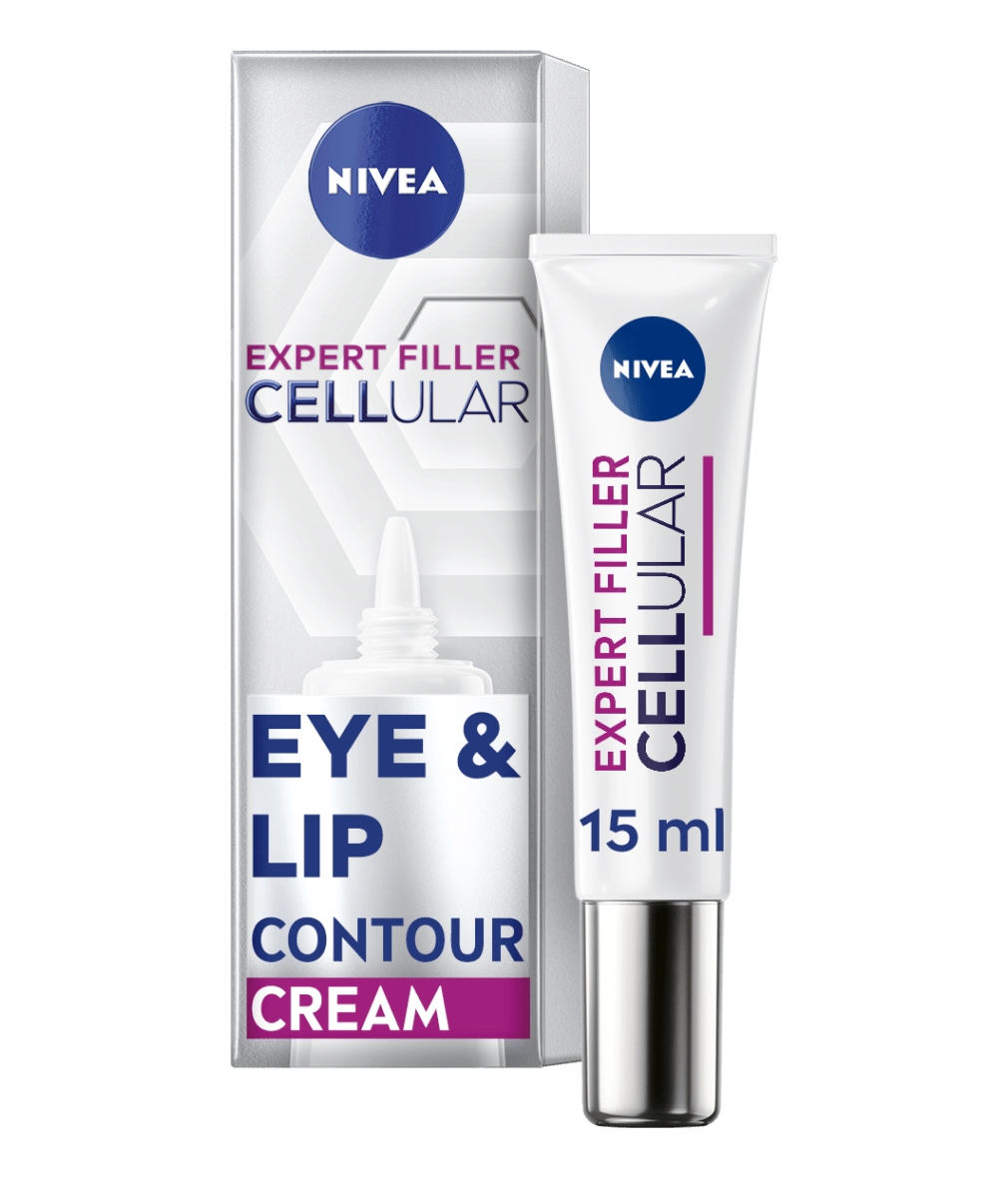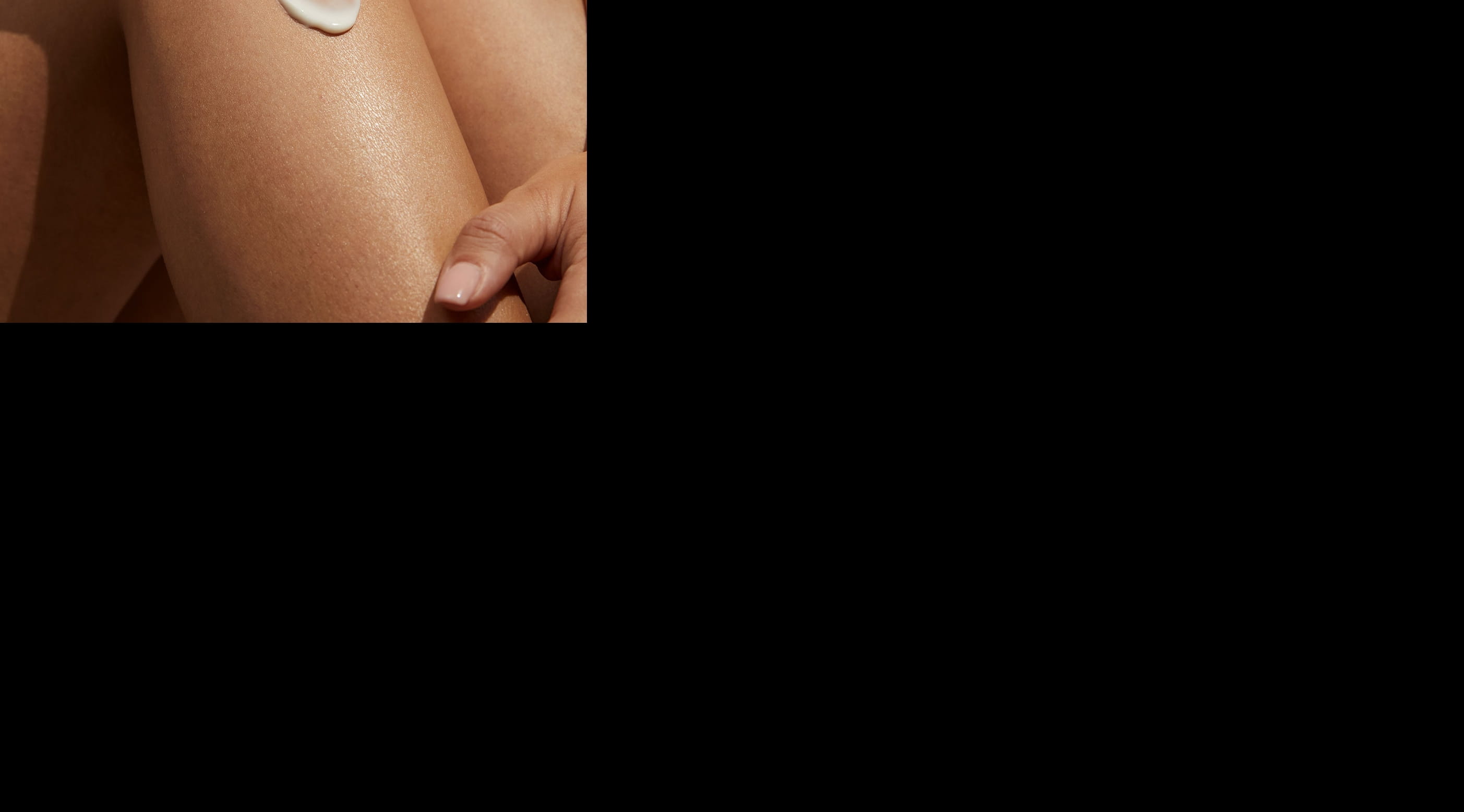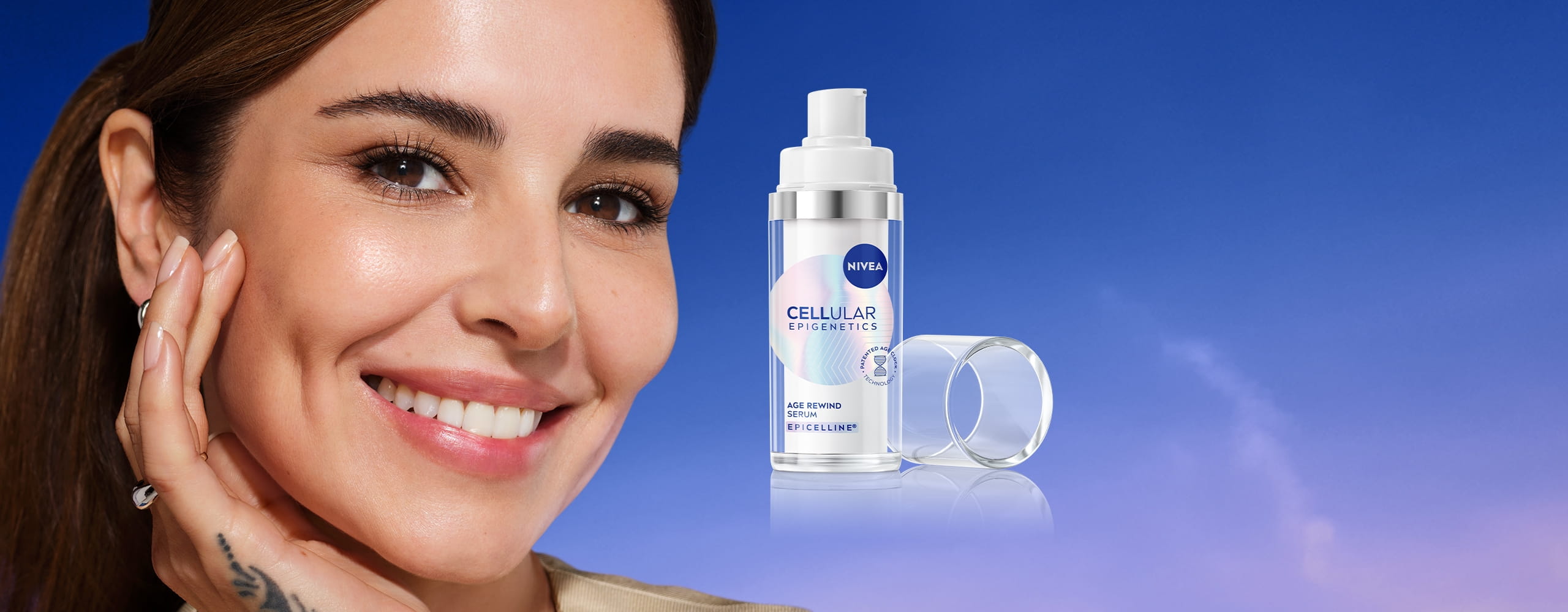
What is Epigenetics? How It Works and Affects Your Skin
Ever wondered how Epigenetics influences your skin and aging? Learn how Epigenetic factors affect skin health and how to minimise their effects.
Understanding Epigenetics
What is Epigenetics?
Epigenetics is the study of changes in how genes work without altering the DNA sequence itself. In simple terms, it’s about how environments, lifestyle choices and even skincare habits could influence how genes express themselves. While a genetic makeup is set, Epigenetics is like a dial that controls the volume of gene expression, turning it up or down depending on several factors. These changes can have a significant impact on skin health, aging and overall appearance.
Understanding Epigenetics helps show why it’s important to take care of your skin with good habits and the right skincare products.
Understanding Epigenetics helps show why it’s important to take care of your skin with good habits and the right skincare products.
The Role of Epigenetic Factors in Skin Aging
As you age, your skin naturally undergoes changes, but Epigenetic factors can influence the speed and extent of these transformations. Environmental stressors like pollution, smoking, and sun exposure can affect gene expression, leading to fine lines, wrinkles, and a loss of elasticity. However, maintaining a healthy lifestyle through proper nutrition, quality sleep, and a consistent skincare routine can help preserve a youthful appearance.
Epigenetics shows that skin aging is not solely determined by your DNA, it is also shaped by your daily habits. By making mindful choices to protect and nourish your skin, you can help slow the aging process and promote long-term skin health.
Epigenetics shows that skin aging is not solely determined by your DNA, it is also shaped by your daily habits. By making mindful choices to protect and nourish your skin, you can help slow the aging process and promote long-term skin health.
How Epigenetics Affects the Skin
The skin is continuously exposed to environmental factors, which can affect its health and appearance. Epigenetics plays a crucial role in how the skin responds to these influences. It determines how well the skin can repair itself, combat inflammation and produce Collagen. Epigenetic modifications can have numerous effects on the skin, but further studies are needed to confirm these effects and their mechanism.
Epigenetics
Facts Overview
NIVEA Skin Care Routine:
A Youthful Appearance with the NIVEA Cellular Expert Filler Range
Summary
Epigenetics is all about how the environment and our lifestyle choices influence how our genes work, especially when it comes to skin. By making smart choices—like protecting the skin from the sun, eating well, and using effective skincare products—you can help your skin to stay youthful and healthy. With a little effort, everyone can support their skin's natural beauty by taking into account the factors that can influence epigenetics.
